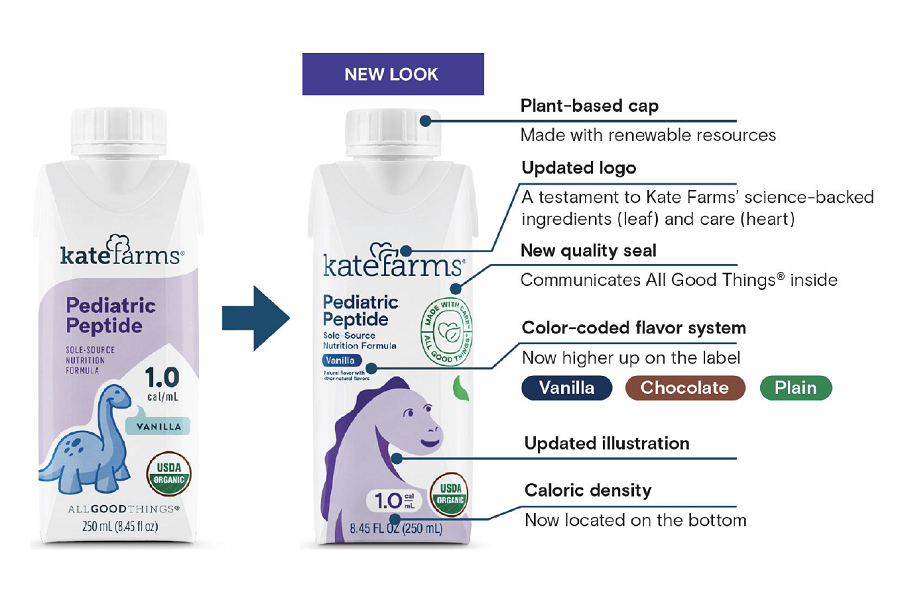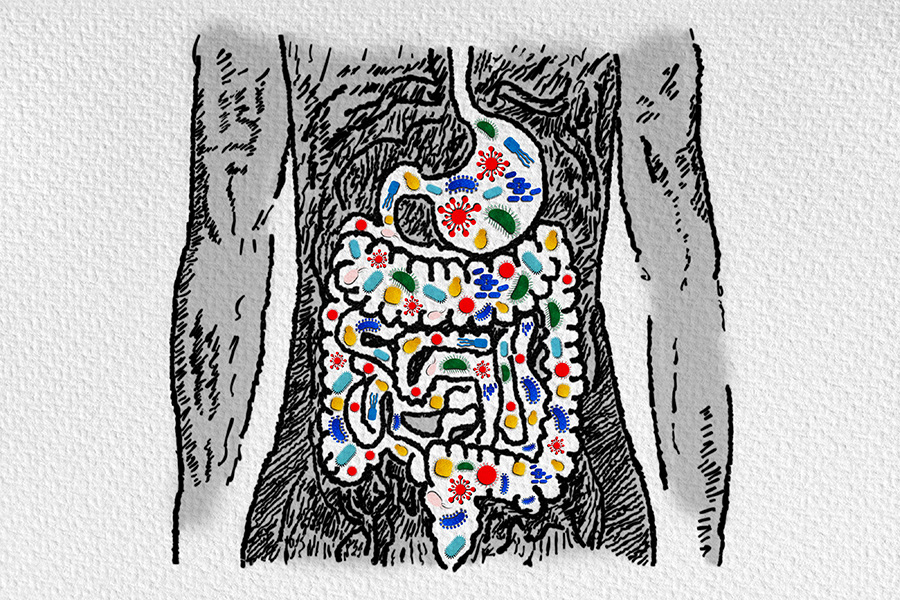“I’m going to stop putting things off, starting tomorrow!” – Sam Levenson, American humorist
Each February, we recognize American Heart Month and National Go Red Day®. Cardiovascular diseases, including stroke, are our nation’s number one killer. American Heart Month was designed to help educate people about their hearts and how to keep them healthy.
Heart disease is the leading cause of death among men and women in the United States. Heart disease, also known as coronary heart disease and cardiovascular disease, is characterized by plaque buildup on arterial walls. As plaque builds up, arteries narrow, making the heart work harder to push blood through. This increases the risk of heart attack and stroke.
While some risk factors are inherited and can’t be changed, the good news is that there are many small steps you can take to significantly reduce your risk – or the risk in a loved one.
To learn the symptoms of a heart attack, click here.
The Statistics:
- Heart disease is the leading cause of death among men and women in the United States. Approximately 600,000 people die of heart disease in the U.S. each year – or 1 in every 4 deaths.
- About 715,000 Americans have a heart attack each year.
- Currently 1 out of 3 adults are living with 1 or more types of cardiovascular disease.
- Coronary heart disease costs the United States over $100 billion each year, and stroke costs the U.S. nearly $40 billion each year.
- Every four minutes, an American dies from stroke.
- More than 795,000 people in the U.S. have a stroke each year.
- Stroke is one of the leading causes of serious long-term disability.
Major Controllable Risk Factors:
The three major risk factors for heart disease and stroke are high blood pressure, high cholesterol, and smoking. Approximately half of Americans (49%) are currently living with at least one of these major risk factors.
- High blood pressure. This major risk factor increases strain on the heart, which is working harder than normal. Over time, high blood pressure causes the heart muscle to stiffen and thicken, which prevents it from working properly. High blood pressure increases your risk of stroke, heart attack, congestive heart failure and kidney failure. Combined with other risk factors such as smoking, obesity, diabetes or high cholesterol, risk of a dangerous health event is significantly increased.
- High cholesterol. Cholesterol is a waxy, fat-like matter that is made inside the body and is also found in certain types of foods, including meat, eggs and dairy. While our bodies need a small amount of cholesterol to function properly, too much cholesterol can harm the arteries and damage the heart. There are many causes of high cholesterol, including a diet high in saturated fat, not enough exercise, obesity, poorly controlled diabetes, age and gender. Certain medications, medical conditions and heredity may also contribute to high cholesterol.
- Smoking. A smoker’s risk of heart disease is two to four times higher than a non-smoker’s risk, especially in conjunction with other risk factors. Cigarette smoking has been determined to be a significant risk factor for sudden heart failure among patients with heart disease. Cigar and pipe smokers also have an increased risk of death from heart disease. Second-hand smoke increases this risk even among non-smokers.
Other controllable risk factors include obesity, physical inactivity, diabetes, stress, excessive alcohol, and poor diet and nutrition.
Uncontrollable Risk Factors:
There are some risk factors we are born with that are outside of our control. If any of these factors increase your risk or your loved one’s risk, it is even more important to manage the risk factors that are within your control. Some uncontrollable risk factors include: increasing age (especially 65 or older); male gender; a strong family history of heart disease; and an African American, Mexican American, American Indian or Hawaiian ethnic background.
Types of Heart Disease:
There are many different types of heart disease. The term “heart disease” refers to the many different cardiovascular problems caused by plaque buildup on arterial walls. These cardiovascular problems include:
- Arrhythmia
- Cardiac arrest
- Cardiac rehab
- Cardiomyopathy in adults
- Cardiovascular conditions of childhood
- High cholesterol
- Diabetes
- Heart attack
- Heart failure
- Heart valve problems and disease
- High blood pressure
- Metabolic syndrome
- Peripheral Artery Disease (PAD)
- Stroke
Fortunately, heart disease is both preventable and controllable. There are many things you can do for yourself and for loved ones that significantly reduce your risk of heart disease and stroke, starting with small steps. Eating a healthy diet low in saturated fats and cholesterol, exercising regularly, and quitting smoking are all lifestyle changes that can significantly reduce risk of heart attack and stroke. For tips to help improve your heart health, and for help quitting smoking, visit the American Heart Association website, CDC.gov and WebMD.com, which provided source information for this article. We encourage you to join us this month on the journey towards better heart health!
For more information about heart disease, or for questions or concerns about heart heath in yourself or a loved one, please contact your primary care physician.
Shield HealthCare | Medical Supplies For Care At Home Since 1957

























[…] February Is American Heart Month | Shield HealthCare Community […]